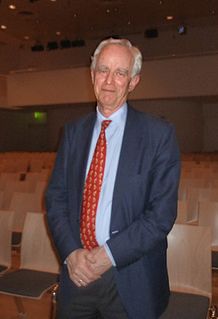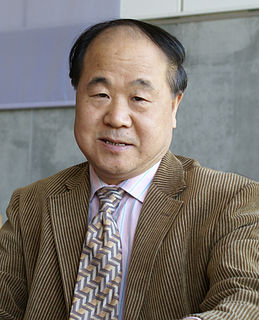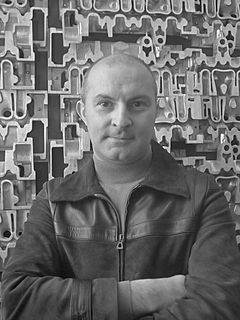A Quote by Dana Spiotta
Memory is not particularly linear - it is associative, repetitive, subjective and porous. But the writer needs to convey disorder and dysfunction without making the novel itself disorderly or dysfunctional.
Related Quotes
The three most ancient opinions concerning God are Anarchia, Polyarchia, and Monarchia. The first two are the sport of the children of Hellas, and may they continue to be so. For Anarchy is a thing without order; and the Rule of Many is factious, and thus anarchical, and thus disorderly. For both these tend to the same thing, namely disorder; and this to dissolution, for disorder is the first step to dissolution. But Monarchy is what we hold in honor.
Without a body and without time, I wasn't disturbed by my ego or by the function or dysfunction of my brain and memory. And during my pure perception within the source, I had no opinion either. I didn't even have an 'I.' An opinion is tied to the ego, and the ego to the body. Without any of this, there was only objective consciousness.
Reading, because we control it, is adaptable to our needs and rhythms. We are free to indulge our subjective associative impulse; the term I coin for this is deep reading: the slow and meditative possession of a book. We don't just read the words, we dream our lives in their vicinity. The printed page becomes a kind of wrought-iron fence we crawl through, returning, once we have wandered, to the very place we started.
Time doesn't exist. It doesn't exist in any way. It's more subjective than real. Time doesn't exist. I believe in memory. Memory is the real inspiration. Memory creates time. Memory is pure power. Pure power and pure strength, and pure utilization of space and time (if time is something we can really ever label). But I don't believe in time itself.
Objects obey quantum laws- they spread in possibility following the equation discovered by Erwin Schodinger- but the equation is not codified within the objects. Likewise, appropriate non-linear equations govern the dynamical response of bodies that have gone through the conditioning of quantum memory, although this memory is not recorded in them. Whereas classical memory is recorded in objects like a tape, quantum memory is truly the analog of what the ancients call Akashic memory, memory written in Akasha, Emptiness- nowhere.
It's great to win a few prizes early on. It helps a writer to get noticed and to get some sales. It can also be a pain in the arse because it gets in the way of the quiet, contemplative time every writer needs, but which is particularly important when you are a new writer finding your own voice, and pursuing the things that interest you.


































